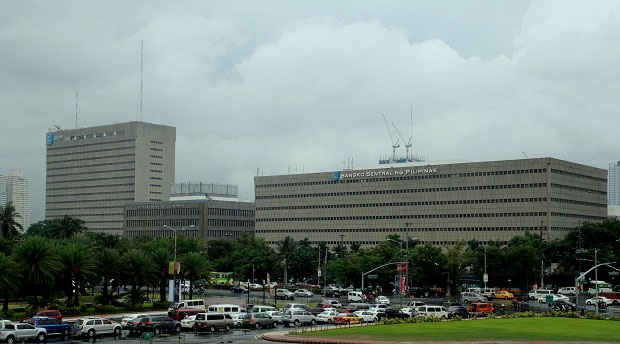BSP cracks whip on market manipulation
The central bank’s new code of good behavior for securities traders seeks to address blind greed, in general, and dirty tricks by some institutions, in particular, that threaten to undermine the integrity of the financial markets.
Rules approved by the Bangko Sentral ng Pilipinas (BSP) this month set clear guidelines for the type of persons regulators would allow to participate in financial markets. Banks would also be required by the BSP to follow strict accountability mechanisms for traders.
The new BSP rules, a copy of which was obtained by the Inquirer, zero in on market manipulation by unscrupulous fund managers.
According to the BSP, the goal would be to crack down on “practices which undermine market integrity, include engaging in trading transactions which have the effect, or are likely to have the effect, of creating a false or misleading appearance of active trading in any security, currency or commodity, or with respect to the market for or the price of any security, currency or commodity.”
“The BSP is raising the bar for governance,” BDO chief market strategist Jonathan Ravelas said in reaction to the new rules.
Under the rules, the BSP said a bank’s board of directors would be responsible for keeping an institution’s treasury department in line.
A bank must adopt a code of conduct and standards of practice that are binding on the treasury unit, especially personnel involved in risk-taking.
Treasury personnel should also possess “a high degree of integrity and sufficient expertise to understand the financial instruments dealt and transactions entered into by the [bank].”
A bank that fails to meet these requirements would be considered “operating in an unsafe and unsound manner.” The BSP said it would bring forth the full force of its corrective measures against banks and executives caught engaging in shady transactions.
Among others, regulators may bar banks from participating in financial markets. Bank personnel responsible for illegal trades may also be ordered removed by the BSP. Individuals with a history of run-ins with regulators due to integrity issues would also be banned from working for banks.
In line with international Basel III guidelines, the compensation of “material risk takers” or employees with influence over a bank’s overall risk profile, should have provisions that limit risk taking. This should include a provision or the deferral of a “sufficiently large portion of their compensation until after risk outcomes are better known.”
Reported cases of controversial financial market activity in the Philippines come few and far between, but regulators have become more aggressive as of late.
In May, the Commission on Audit said state-run Development Bank of the Philippines lost about P700 million due to illegal “wash sales” involving more than P14 billion worth of government IOUs.

